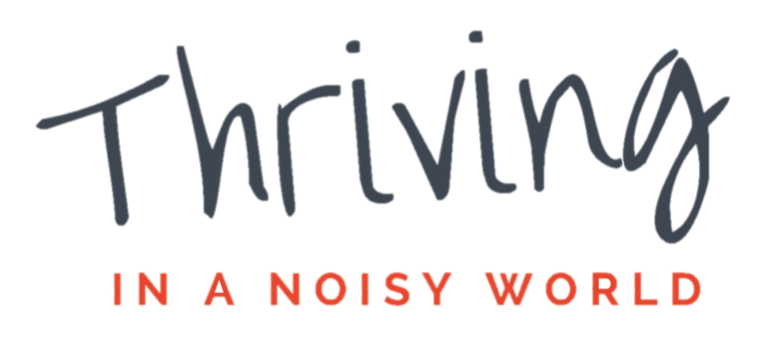Who would we be as a society if we saw the good in each other?
Amidst so much division and polarization, it’s easy to make others bad. It’s easy to blame the other side. It’s easy to get defensive and angry. It’s easy to be self-righteous.
What takes worthwhile effort is seeing the good in each other and undoing the conditioning of separation and disconnection.
Seeing ourselves as separate, our differences become distorted into othering and give rise to systems of domination and oppression. We forget our shared humanity. While we are not the same, we are not separate. The victim and the perpetrator are not separate. Liberals and conservatives are not separate. Our impacted ecosystems and we who contribute to our climate crisis are not separate.
A very useful skill in these times has been loving-kindness - a quality of friendliness and well-wishing towards all living beings. In lovingkindness practice, we are undoing the conditioning of separation and disconnection. We are learning to see the goodness and express care towards others and ourselves. When we generate friendliness for people with whom we might disagree, it enables us to respond in more intentional and kinder ways.
The idea of loving-kindness may seem a bit counterintuitive, with so much hatred circulating in the system. Yet that's exactly what makes this inner counter-programming so important.
As Nelson Mandela said: "It never hurts to see the good in someone. They often act the better because of it."
And of course, the key first step towards generating friendliness for others is directing kindness towards ourselves.
I invite you to carry the spirit of lovingkindness as you move through the coming week and see how it impacts you and others around you. For example, I've been sending friendly wishes to people I've been passing on the street or in the park.
How might you generate more friendliness towards others and yourself?
Below is a guided lovingkindness practice and a few other resources to support you.
With love,
Sarah-Marie
Resources
[PRACTICE] - Lovingkindness
Start by bringing attention to your chest, to your physical heart, or to wherever you feel kindness and connection in your body, if you do feel it. Notice if your heart feels open or closed - or anything in between.
Begin by focusing on whoever most easily opens you to lovingkindness. Then expand your lovingkindness to include others and yourself. You can use or adapt phrases/friendly wishes such as:
May you be safe and protected from inner and outer harm.
May you be well and strong.
May you be free from worry.
May you live your life with ease.
Here's a 20-min guided Lovingkindness practice.
[POEM]
Excerpt from "Please Call Me by My True Names" by Thich Nhat Hanh
“I am the frog swimming happily
in the clear water of a pond.
And I am the grass-snake
that silently feeds itself on the frog.
I am the child in Uganda, all skin and bones,
my legs as thin as bamboo sticks.
And I am the arms merchant,
selling deadly weapons to Uganda.
I am the twelve-year-old girl,
refugee on a small boat,
who throws herself into the ocean
after being raped by a sea pirate.
And I am the pirate,
my heart not yet capable
of seeing and loving.
I am a member of the politburo,
with plenty of power in my hands.
And I am the man who has to pay
his “debt of blood” to my people
dying slowly in a forced-labor camp.
My joy is like Spring, so warm
it makes flowers bloom all over the Earth.
My pain is like a river of tears,
so vast it fills the four oceans.
Please call me by my true names,
so I can hear all my cries and my laughter at once,
so I can see that my joy and pain are one.
Please call me by my true names,
so I can wake up,
and so the door of my heart
can be left open,
the door of compassion.”
[GUIDED MEDITATIONS]
RAIN of Self-Compassion [16:34] to work with difficult emotions and cultivate self-compassion.
Self-Compassion Break [10:42] to work with a difficulty in your life.
Coming Home to Presence [16:59] to practice mindfulness of breath, body, and emotions.
Lovingkindness for Self & Others [19:51] to cultivate kindness toward yourself and others.
Cultivating Compassion for Others [10:56] to practice cultivating compassion for others who are struggling

